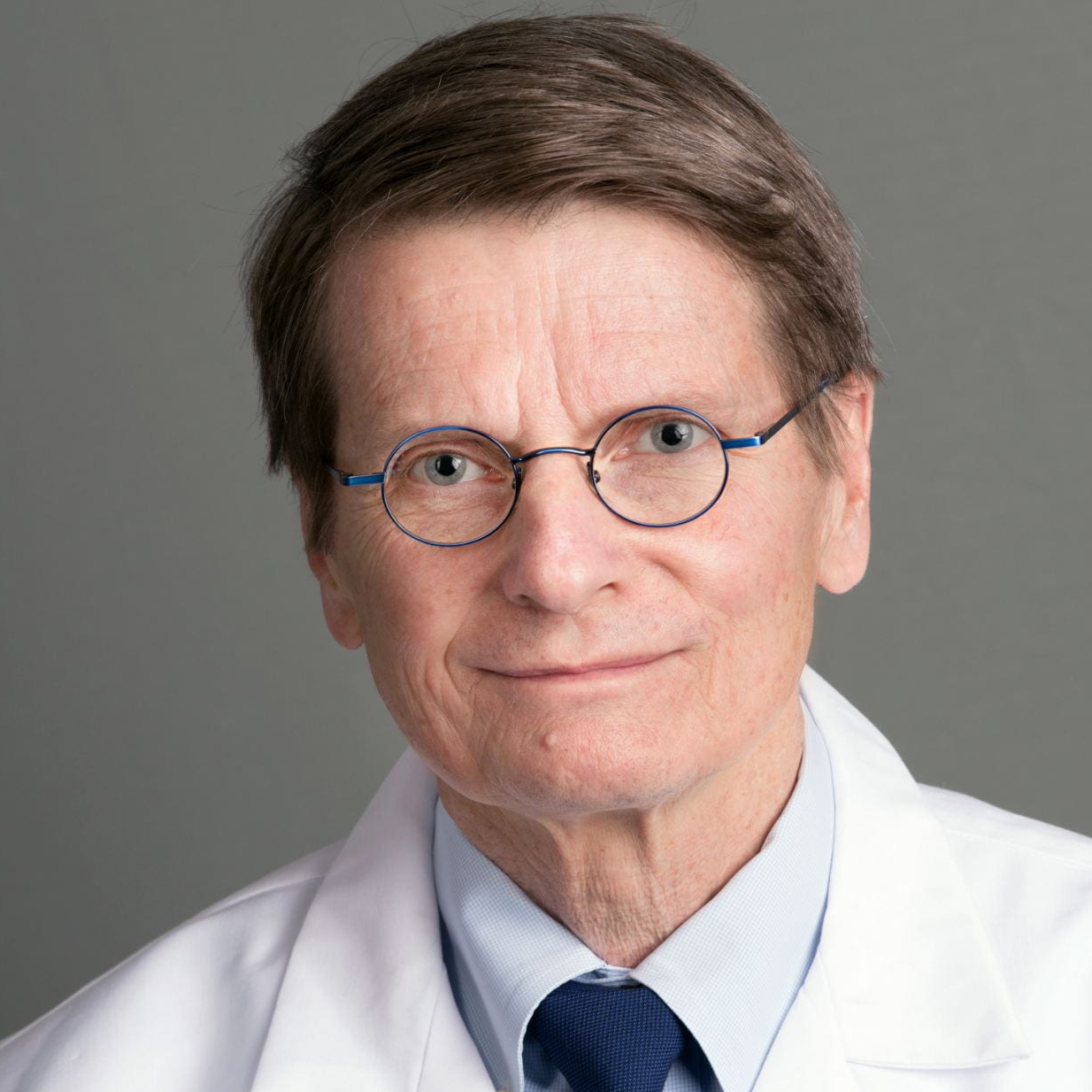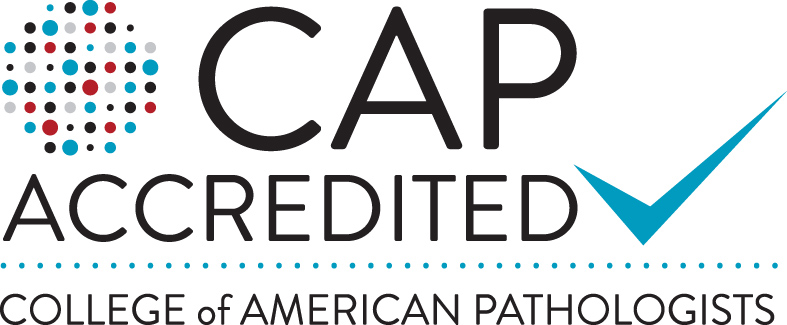Advisors

Joseph F. Petrosino, PHD
Professor and Chairman, Department of Molecular Virology and Microbiology Director, Alkek Center for Metagenomics and Microbiome Research Baylor College of Medicine
Joseph F. Petrosino, PhD, is an Associate Professor of Molecular Virology and Microbiology at Baylor College of Medicine and the Director of the Alkek Center for Metagenomics and Microbiome Research. He holds joint appointments in the Human Genome Sequencing Center, Department of Ophthalmology, and is a member of the Cell and Molecular Biology and Translational Biology and Molecular Medicine programs. He obtained his undergraduate degree in microbiology and immunology with a distinction in research from the University of Rochester, followed by a PhD degree in microbiology and immunology from Baylor College of Medicine. He completed postdoctoral fellowship training in genetics at Baylor College of Medicine and was a Research Associate in the Human Genome Sequencing Center working on the functional genomics of biodefense and emerging infectious disease. He was hired as a tenure-track faculty member at BCM in 2006 with a National Institute of Allergies and Infectious Diseases funded Career Development Award Project from the Western Regional Center of Excellence for Biodefense and Emerging Infectious Disease. His ongoing comparative genomics studies of Francisella tularensis, a pathogenic bacterium with the potential to pose a severe threat to public health and safety, have helped move the field closer to the goal of creating new rationally-designed attenuated and/or subunit vaccines for this Category A select agent. In 2007, Dr. Petrosino and his colleagues obtained funding through the NIH Common Fund for the Human Microbiome Project (HMP). As a large-scale sequencing center Principal Investigator for the HMP, Dr. Petrosino assisted in the lead of consortium efforts for standardized clinical sample preparation, sequencing, and analysis. This allowed microbial communities from diverse body sites and niches to be compared with minimal technical bias and has led to study design standards that are being implemented internationally. As a result of the success of his efforts and to extend metagenomics and microbiome studies at BCM, the Alkek Center for Metagenomics and Microbiome Research (CMMR) was established in January 2011, with Dr. Petrosino serving as its Director. Currently, the CMMR is pursuing over 200 metagenomics projects in humans and model systems with the goal to improve human health through detection and modulation of the microbes that reside on and in us and to translate these efforts into new diagnostics and therapeutics. Among the latest CMMR projects initiated is an $11.8M microbiome analysis of 18,000+ Type 1 Diabetes samples from the NIH/NIDDK TEDDY (The Environmental Determinants of Diabetes in the Young) study. Dr. Petrosino has authored 40 original papers. Among 14 published in 2012 are the June HMP flagship manuscripts in Nature, collaborative studies examining microbiome associations with Cystic Fibrosis, pregnancy, nutritional intervention in colitis, rotavirus infection, and the shaping of the microbiome from birth in murine systems. He has been an invited to speak at numerous institutions and meetings nationally and internationally, and recently he has been named an American Society for Microbiology Distinguished Lecturer for 2012-2014.

Eric Pamer
Section of Infectious Diseases and Global Health - Professor of Medicine
Donald F. Steiner Professor; Director, The Duchossois Family Institute
Dr. Pamer received his MD degree from Case Western Reserve University Medical School and completed clinical training in Internal Medicine and Infectious Diseases at UCSD Medical Center. He was a postdoctoral fellow with Charles E. Davis at UCSD, Maggie So at Scripps Research Institute and Michael Bevan at the University of Washington and then moved to Yale University and established a laboratory focusing on immune responses to microbial infection. In 2000 he moved his laboratory to Memorial Sloan-Kettering Cancer Center in New York where he was the Chief of Infectious Diseases, Head of the Division of Subspecialty Medicine and Director of the Center for Microbes, Inflammation and Cancer, which focused on the role of the microbiome in the treatment of cancer. In 2019 Dr. Pamer moved to the University to become the Director of the Duchossois Family Institute. Dr. Pamer’s research focuses on the impact of the intestinal microbiota on resistance to Vancomycin-resistant Enterococcus faecium, Clostridium difficile and Klebsiella pneumoniae infections in patients receiving cancer treatment, with a specific focus on highly immunocompromised patients undergoing allogeneic hematopoietic stem cell transplantation. The Pamer laboratory also investigates the role of inflammatory monocytes in defense against infection and the interaction between intestinal microbes and the mammalian immune system.

Dan Knights, PhD
Senior Scientific Advisor, former CEO and founder of CoreBiome
Dr. Dan Knights is an Associate Professor in the Department of Computer Science and Engineering and Biotechnology Institute at the University of Minnesota. Dan received his PhD from the University of Colorado in Computer Science, and went on to complete a post-doctoral fellowship at Harvard Medical School. In his multidisciplinary research lab, his team applies machine learning techniques to study gut microbes and disease, building bioinformatics tools for microbiome-targeted drug discovery and analysis of diet-microbiome interactions. Dan is co-author on over 100 peer-reviewed articles on the microbiome and machine learning Throughout his career, Dan has developed computational methods that researchers use to study the human microbiome. These methods are used in his lab to discover new ways the microbiome is linked to human health, including investigations in obesity, hospital-acquired infections, inflammatory bowel disease, and irritable bowel syndrome. Dan has also been an active participant in community-based work, where has discovered significant changes that occur in the human gut microbiome of immigrants as they experience ‘Westernization’ changes towards microbiomes linked to obesity. In 2017 Dan, along with Drs. Kenny Beckman and Daryl Gohl from the University of Minnesota Genomics Center founded CoreBiome, now Diversigen, a microbiome analysis company bringing together cutting-edge machine learning and genomics. Dan is now co-leading Diversigen with Joy Nassif, where together they are accelerating the translation of the microbiome in healthcare, agriculture, and industrial monitoring with large-scale data generation and big data analysis using artificial intelligence and machine learning.

Daryl Gohl, PhD
Senior Scientific Advisor, former CSO and founder of CoreBiome
Daryl Gohl, Ph.D., is head of the University of Minnesota Genomics Center’s Innovation Lab and is a Research Assistant Professor in the Department of Genetics, Cell biology, and Development at the University of Minnesota. After obtaining a Ph.D. in Molecular Biology from Princeton University, he went onto complete postdoctoral studies at Stanford University in the Department of Neurobiology, where he began his work on next-generation sequencing methods. Daryl’s work has improved the accuracy and resolution of next-generation sequencing, while expanding scope and scale of measurements. His years of research have contributed to the development of amplicon-based microbiome profiling methods and a novel shallow shotgun sequencing approach. These improvements in next-generation sequencing enable dense sampling and increased power, resolution, and through-put in large-scale microbiome studies. In 2017 Daryl, along with Drs. Kenny Beckman and Dan Knights from the University of Minnesota Genomics Center founded CoreBiome, now Diversigen, a microbiome analysis company bringing together cutting-edge machine learning and genomics.

Kenny Beckman, PhD
Senior Scientific Advisor, former COO and founder of CoreBiome
Kenneth Beckman, Ph.D. is the Director of the University of Minnesota Genomics Center (UMGC), a 40-person core facility which provides genomic technology and consulting, carries out technology innovation, and delivers clinical (CLIA) next-generation sequencing in collaboration with Fairview Health System / MHeath. Dr. Beckman earned his B.A. from Cornell University, majoring in Biology. After his undergraduate work, he won a Keasbey Scholarship to pursue a PhD at the University of Cambridge (UK), from which he graduated with a degree in Molecular Plant Pathology. Moving to the University of California, Berkeley, Beckman was a postdoc, and then staff scientist, in the laboratory of Bruce Ames, where he worked on the biochemistry of DNA damage, and its role in aging and mitochondrial function. In the late 1990s, he left academia to work in a number of Bay Area start-up companies and was co-founder and Chief Science Officer of Gorilla Genomics, Inc. from 1999-2003. Returning to the academic track in 2003, Beckman was Principal Investigator and founding Director of the Functional Genomics Core at Children’s Hospital Oakland Research Institute (CHORI) in Oakland, CA, before coming to the University of Minnesota in 2009 to take on the directorship of the Genomics Center. Between 2009 and the present, Beckman modernized and grew the UMGC from a 10-person services unit with an annual budget of around $2M to a 40-person unit with a $12M annual budget, an active research program. This re-structuring included the addition of cutting-edge next-generation sequencing instrumentation and services including microbiome profiling for academic researchers. In 2017 Kenny, along with Drs. Daryl Gohl and Dan Knights founded CoreBiome, now Diversigen, a microbiome analysis company bringing together cutting-edge machine learning and genomics. Kenny is now COO of Diversigen.
We’re hiring! Join our team!
Diversigen provides services and generates data for research purposes only. Not all services are available in all regions.


